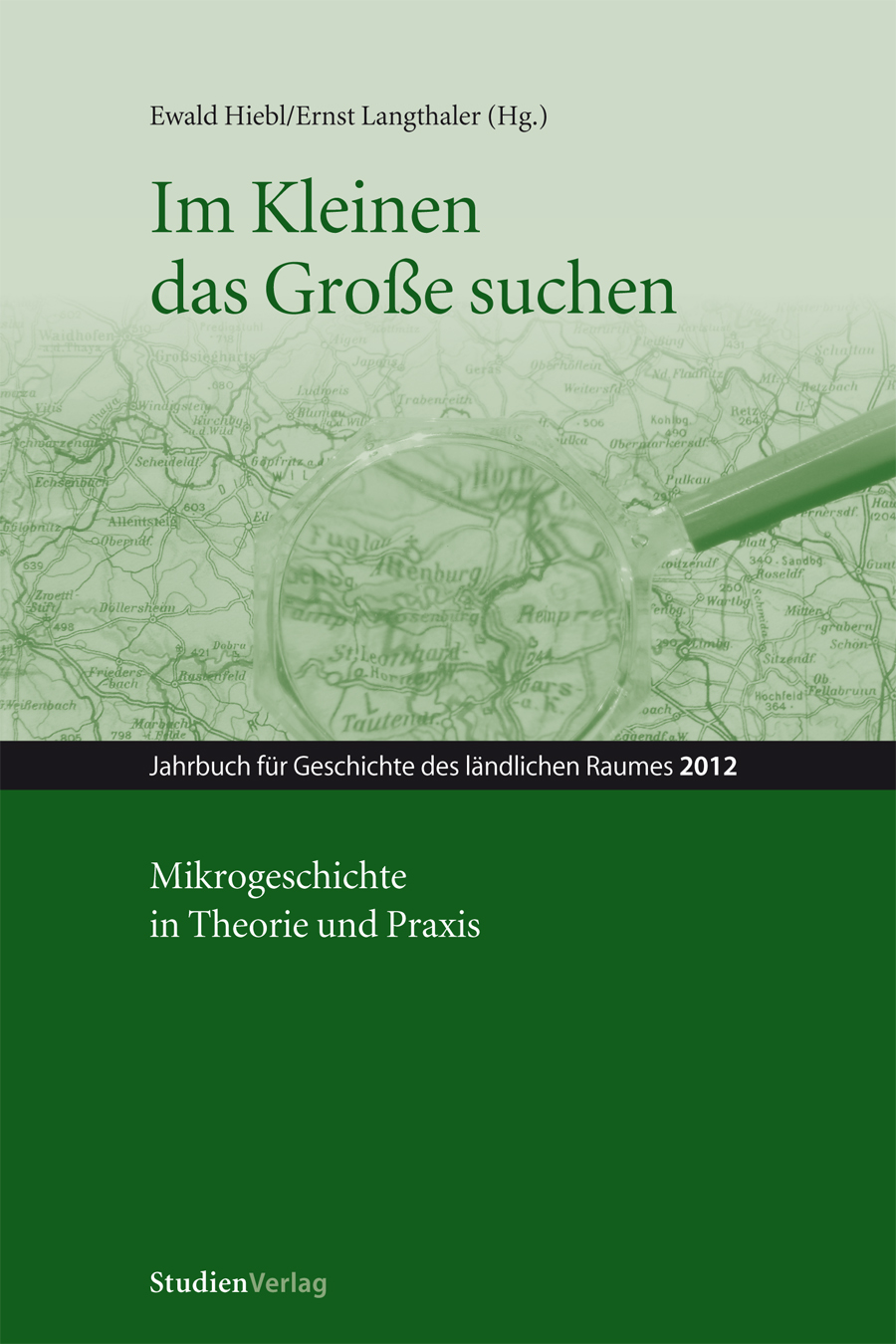Ein Fall für die Mikrogeschichte?
Otto Enders Schreibtischarbeit
DOI:
https://doi.org/10.25365/rhy-2012-14Abstract
How do you deal with the biography of famous politicians? How can you get rid of what Pierre Bourdieu called the ‘biographical illusion’? Otto Ender, now forgotten, was a politician between the two world wars, who played a prominent role as Head of the District of Vorarlberg, Chancellor of the Republic and Minister in the Dollfuss cabinet. This article asks, using this politician as an example, whether it is justifiable to use microhistorical detail by utilising the biography of the famous. Can microhistory, which up to now mainly concentrated on rural society and the poor, also be used for the analysis of public persons or even political and/or urban elites? In this case, Otto Ender’s notes revealed recommendations, rejections and also anti-Semitic practices. It is thus clear, as a conventional biography of a politician is leaked out, just assumed as a given fact, what in the course of history proves to be effective and therefore meaningful.


